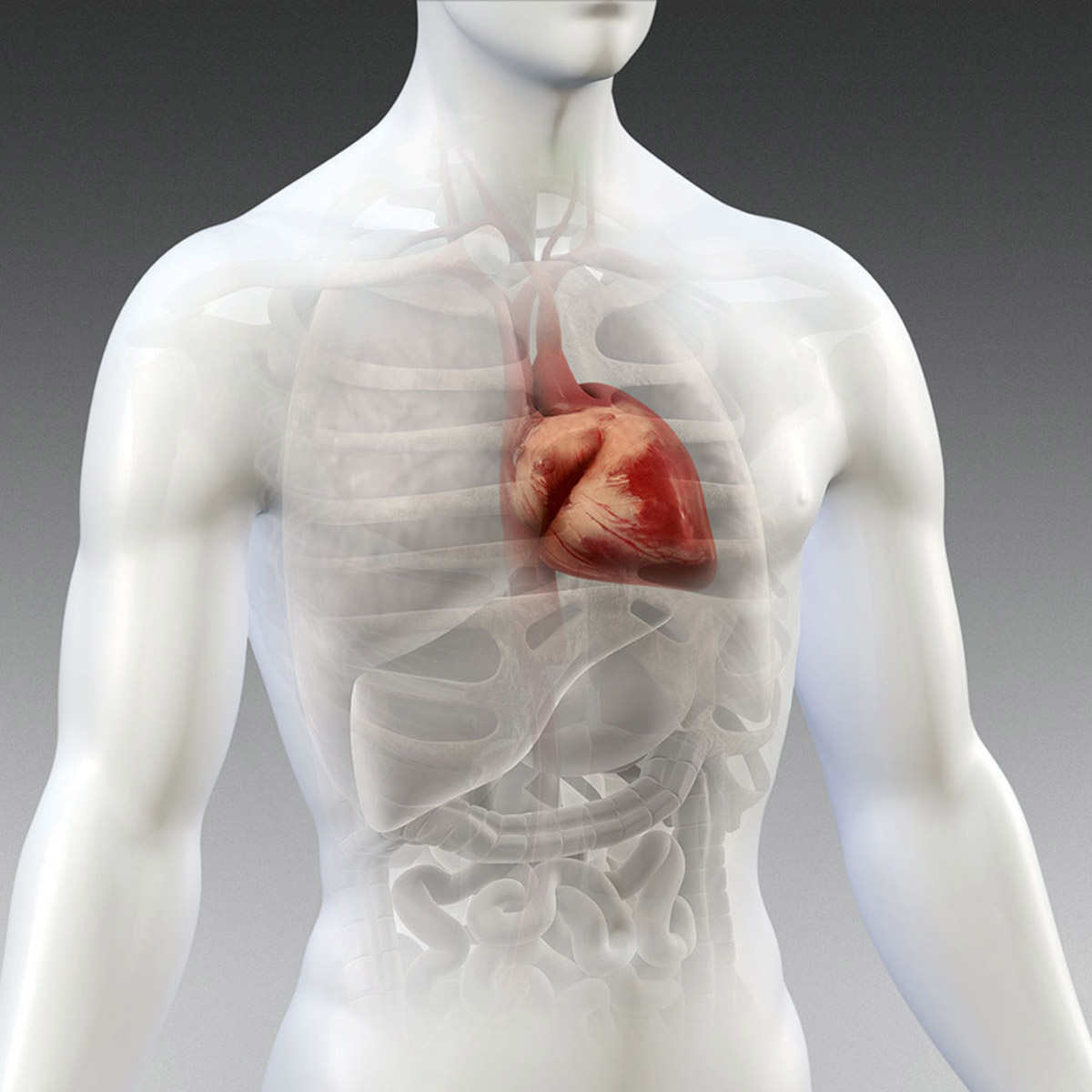
The consequences of a heart enlargement are on an augmented part of the heart depends on its source. The segment that carries the biggest dangers when it is enlarged is the left ventricle.
Heart failure results from a disproportion between the amount of blood that is being pumped out from the heart and the body’s requirements. With the passing of time, the heart cannot answer the demands of the body. The heart muscle becomes feeble and the ventricles are extended (dilated), so eventually, the heart is not able to pump the blood throughout the body effectively.
Blood clots can be formed in the case of an enlarged heart. If the clots go through the aorta, they can stop the blood stream to organs and cause a heart attack or stroke in the most dangerous cases. If the blood clots are pumped through the pulmonary artery, they can cause very severe problems in the lungs, called pulmonary embolisms.
When the heart is enlarged, the work of the mitral and tricuspid valves is compromised, they do not close totally which causes the blood’s return to the atrium. This can be heard as a heart murmur, which is a significant sign of the heart’s weakening.
A dilated heart may cause changes in the heart's normal rhythms, it can quicken it or slows it down. Possible results of an arrhythmia can even include cardiac arrest (sudden death).
The key principle in the enlarged heart’s treatment is to cure the basic condition. If a weak heart muscle is the main cause of enlargement, doctors may prescribe various medications for the treatment of symptoms.
Diuretics are used to lessen the level of water and sodium in the body, which leads to lowering blood pressure. The most common diuretics are furosemide (Lasix) and spironolactone (Aldactone).
Angiotensin-converting enzyme (ACE) inhibitors such as enalapril (Vasotec) and ramipril (Altace) decrease the blood pressure and strengthen the cardiac muscle. If one has contraindications in use of ACE inhibitors, doctors can use angiotensin receptor blockers (ARBs). Beta blockers such as carvedilol (Coreg) and metoprolol (Lopressor) have effects similar to ACE inhibitors.
Digoxin betters the blood ejection from theheart.
Surgery is recommended in cases when prescribed medications cannot improve the symptoms of an enlarged heart.
Devices for heartbeat regulation are often used. An implantable cardioverter-defibrillator (ICD) is an option for patients who are at risk of developing serious arrhythmia. An ICD is implanted directly in the thorax, it controls the heart beat non-stop and sends electrical shocks to the heart when its pace is irregular. Bi-ventricular pacing is used in cases of dilatative cardiomyopathy and it harmonizes the work of the two ventricles.If the problems are caused by heart valves they can be removed surgically and changed with artificial ones or tissue valves given by a donor.
Heart transplantation is the last choice that is made when everything else does not help.


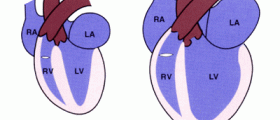







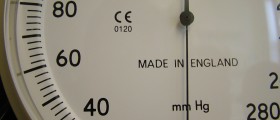


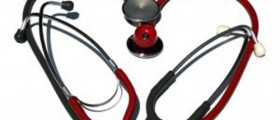


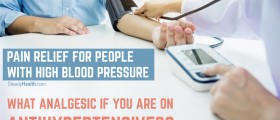
Your thoughts on this
Loading...